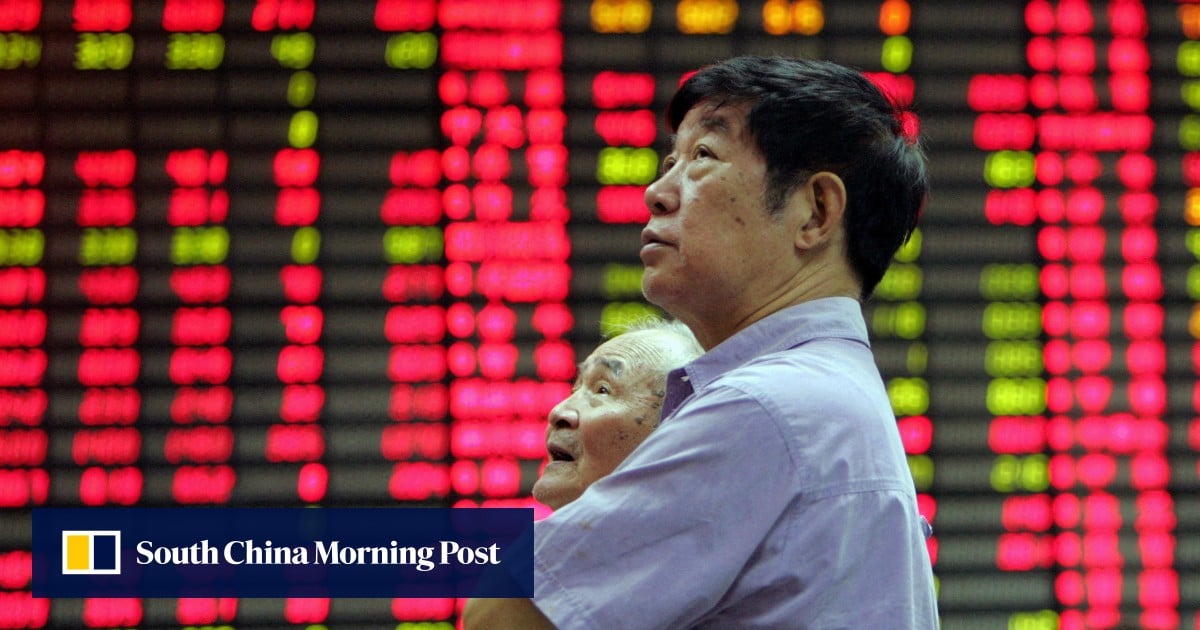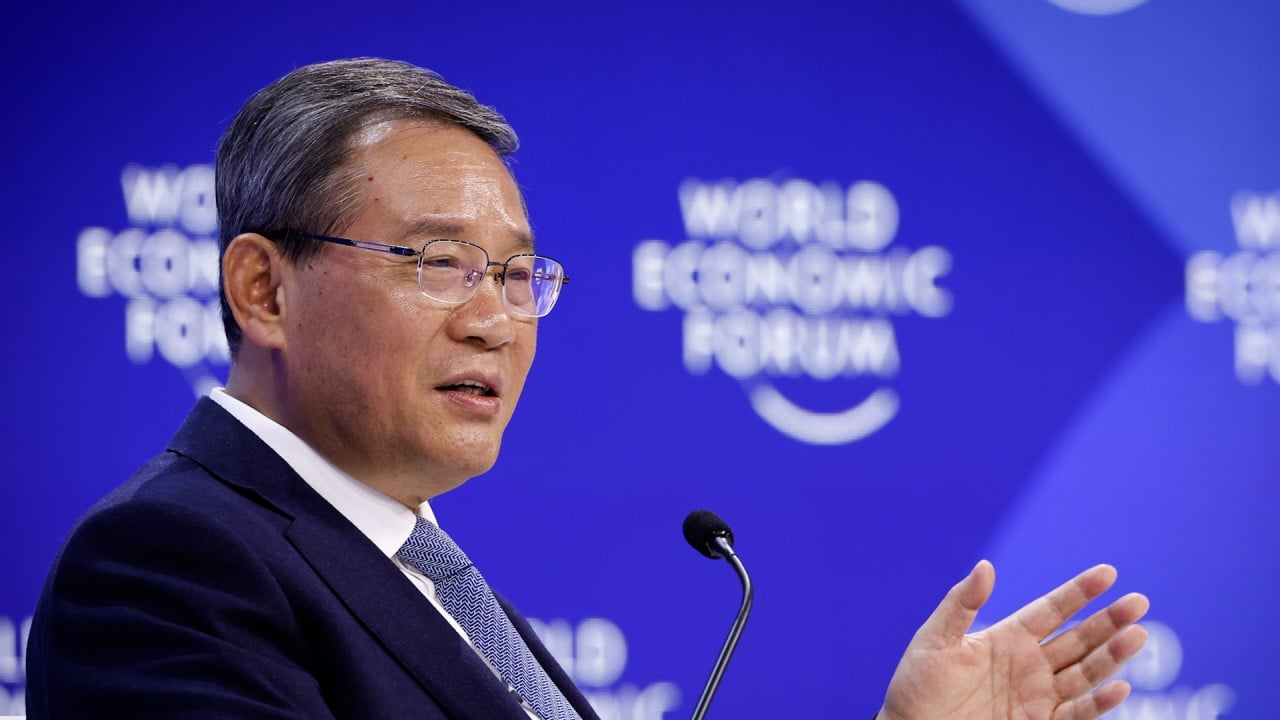
03 Apr China stock market: overseas money managers turn more upbeat about Chinese stocks after state support measures, HSBC’s brokerage unit says
That conclusion is based on meetings with more than 60 global institutional investors over the past three weeks, in which there was a significant improvement in sentiment compared with the last two marketing trips in July last year and November 2022, said Steven Sun, head of research at HSBC Qianhai Securities in Shenzhen, in a research note on Tuesday.
“It’s safe to say that views on China have converged somewhat from both ends of the spectrum,” Sun said in the report. “They are rare, but there are still structural bulls out there on China.”
The findings may add more impetus to China’s US$9.2 trillion stock market, whose benchmark gauge has rebounded more than 10 per cent from a February low after state intervention ranging from the direct buying of exchange-traded funds (ETFs) to calls for listed companies to take more heed of shareholder values.
Still, the majority of foreign investors remain on the sidelines, underweight on Chinese stocks, as they wait for more evidence that the fundamentals are improving, HSBC Qianhai said in the report.
While an official purchasing managers’ index showed that Chinese manufacturing expanded at the fastest pace in a year last month, some economists including those at Nomura Holdings said the improvement may be due to seasonality and predicted that key March economic data would be disappointing.
For the market to sustain its rebound, investors will need to see an upwards revision of earnings forecasts, more stimulus measures to prop up the housing market and government efforts to resolve structural issues in the economy such as the local-government debt crisis and sluggish domestic demand, according to the report.
“The CSRC’s new regulatory framework could help to achieve better liquidity supply-and-demand dynamics and drive a gradual market rerating,” said HSBC Qianhai in its research note.
The brokerage recommends buying into those companies that can deliver “quality growth”, such as green-energy, solar, consumer electronics and home appliances stocks, while warning against bets on artificial intelligence that may not be supported by earnings.

